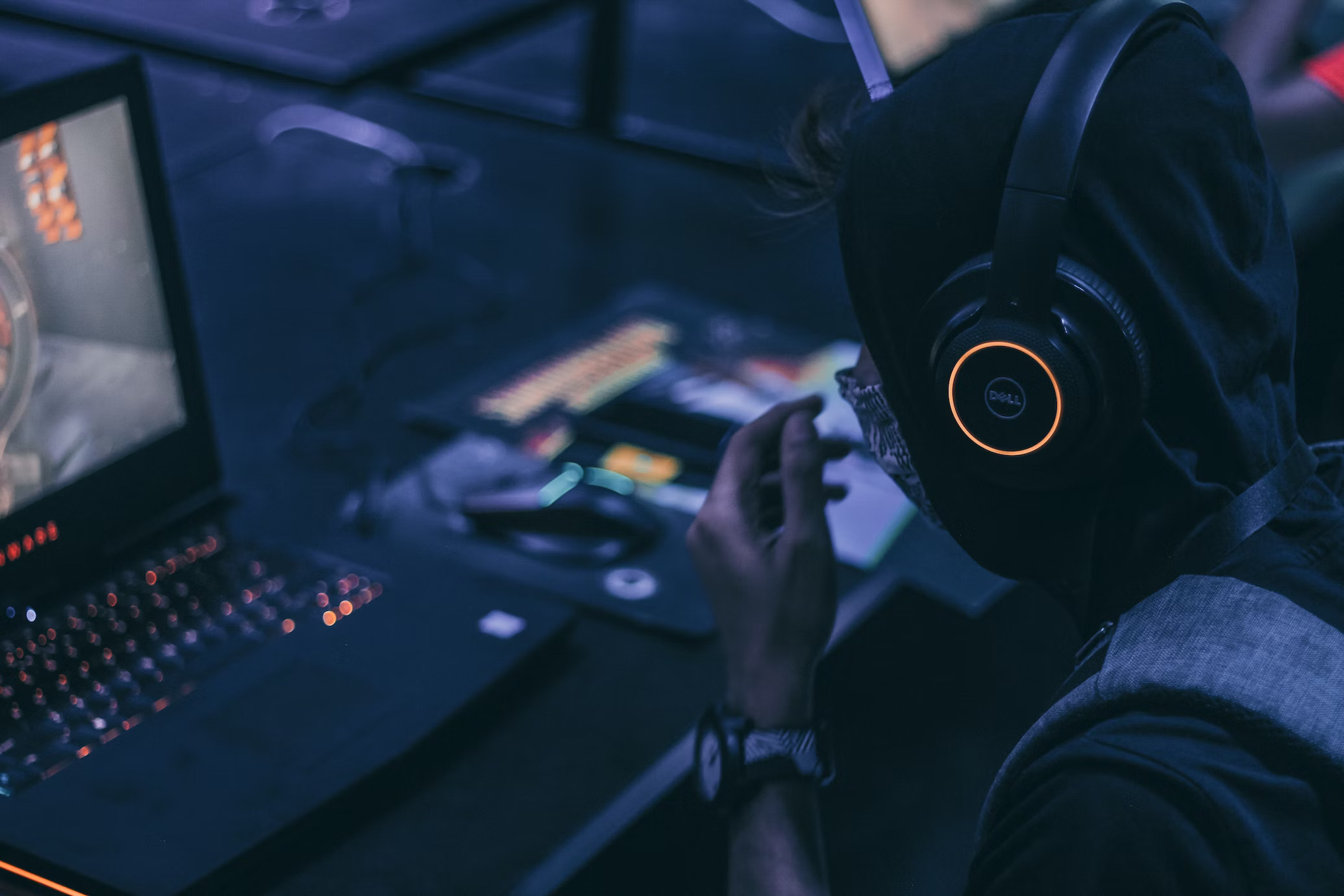In a country celebrated for its diverse cultures, languages, and traditions, a new cultural phenomenon has been quietly but steadily taking root – the rise of gaming culture in India. Gone are the days when outdoor sports and traditional board games dominated leisure time; today, millions of Indians are embracing the world of video games and esports with unparalleled enthusiasm. This article explores the multifaceted facets of this burgeoning phenomenon, dissecting the reasons behind its meteoric rise, its impact on Indian society, and the promising future it holds.
The Digital Revolution: A Catalyst for Gaming Culture
The 21st century has witnessed an unprecedented digital transformation in India, with the widespread availability of high-speed internet and affordable smartphones. This digital revolution has been instrumental in propelling gaming culture to the forefront. The accessibility of online gaming platforms and app stores has introduced an entire generation to gaming like never before.
Games like PUBG Mobile, Free Fire, and Call of Duty: Mobile have become household names, transcending geographical, linguistic, and socioeconomic barriers. These mobile games, in particular, have democratized gaming, making it accessible to a broader audience. In a country where mobile phones are ubiquitous, mobile gaming has found its sweet spot.
Esports: From Hobby to Profession
One of the most significant developments in India’s gaming culture is the rise of esports. Esports refers to competitive video gaming, and it has transformed from a niche hobby into a legitimate profession for many talented gamers in India. The growth of esports can be attributed to several factors.
Firstly, increased investment from both domestic and international sources has pumped significant resources into the Indian esports ecosystem. This has led to the establishment of professional gaming leagues, teams, and tournaments, offering substantial prize money and lucrative sponsorship deals. The advent of leagues like the Indian Premier League (IPL) and the Free Fire India Championship (FFIC) has given gamers a platform to showcase their skills and earn a livelihood doing what they love.
Secondly, esports’ mainstream acceptance has contributed to its growth. Television channels and streaming platforms now broadcast live esports tournaments, garnering millions of viewers. This has led to increased recognition and respect for professional gamers, as well as the formation of dedicated fan communities.
The Social Aspect of Gaming
Gaming has also become a social activity, transcending the confines of screens and controllers. The rise of multiplayer and online gaming has enabled players to connect with friends and strangers alike. Voice chats, in-game messaging, and social media integration have fostered a sense of community within the gaming world.
In addition to online interactions, offline gaming events, conventions, and meet-ups have gained popularity. Gamers across the country gather to celebrate their shared passion, exchange tips, and compete in person. These events have not only created a sense of camaraderie but have also provided opportunities for gamers to network and learn from each other.
Impact on Mental Health and Education
Critics often raise concerns about the impact of excessive gaming on mental health and academic performance. While it’s true that excessive gaming can have adverse effects, responsible gaming is encouraged within the community. Many gamers advocate for a balanced approach to gaming, emphasizing the importance of managing screen time and setting priorities.
Interestingly, gaming has also demonstrated its educational potential. Educational games, game-based learning platforms, and esports scholarships have emerged as innovative ways to engage students and promote critical thinking skills. The Indian government’s ‘National Education Policy 2020’ recognizes the potential of online and digital learning, which aligns with the gaming culture’s ethos of skill development and problem-solving.
Challenges and Future Prospects
Despite its rapid growth, the gaming culture in India faces several challenges. One major hurdle is the lack of adequate infrastructure for professional gamers. Access to high-quality gaming equipment, stable internet connections, and gaming houses is still a luxury for many aspiring esports professionals.
Another challenge is the need for greater gender diversity within the gaming community. While the number of female gamers is on the rise, there is still a gender gap in the industry. Efforts to promote inclusivity and equal opportunities are essential for the sustainable growth of gaming culture in India.
Looking ahead, the future of gaming culture in India appears bright. The country’s growing population of young gamers is poised to drive further innovation and development in the industry. The expansion of esports, the emergence of gaming startups, and increasing government recognition are all positive signs for the gaming ecosystem.
Furthermore, the rise of gaming content creators on platforms like YouTube and Twitch has created a new avenue for gamers to showcase their skills and engage with a global audience. These content creators have millions of subscribers and are becoming influential figures in the gaming community.
The surge of gaming culture in India is more than just a trend; it’s a reflection of the nation’s evolving digital landscape. It has become a vibrant and dynamic part of contemporary Indian society, fostering connections, providing career opportunities, and challenging stereotypes.
While challenges persist, the gaming community in India is resilient and determined to overcome them. As long as the passion for gaming burns brightly in the hearts of millions of Indians, the rise of gaming culture in India is destined to continue its upward trajectory, redefining leisure and entertainment for generations to come.



